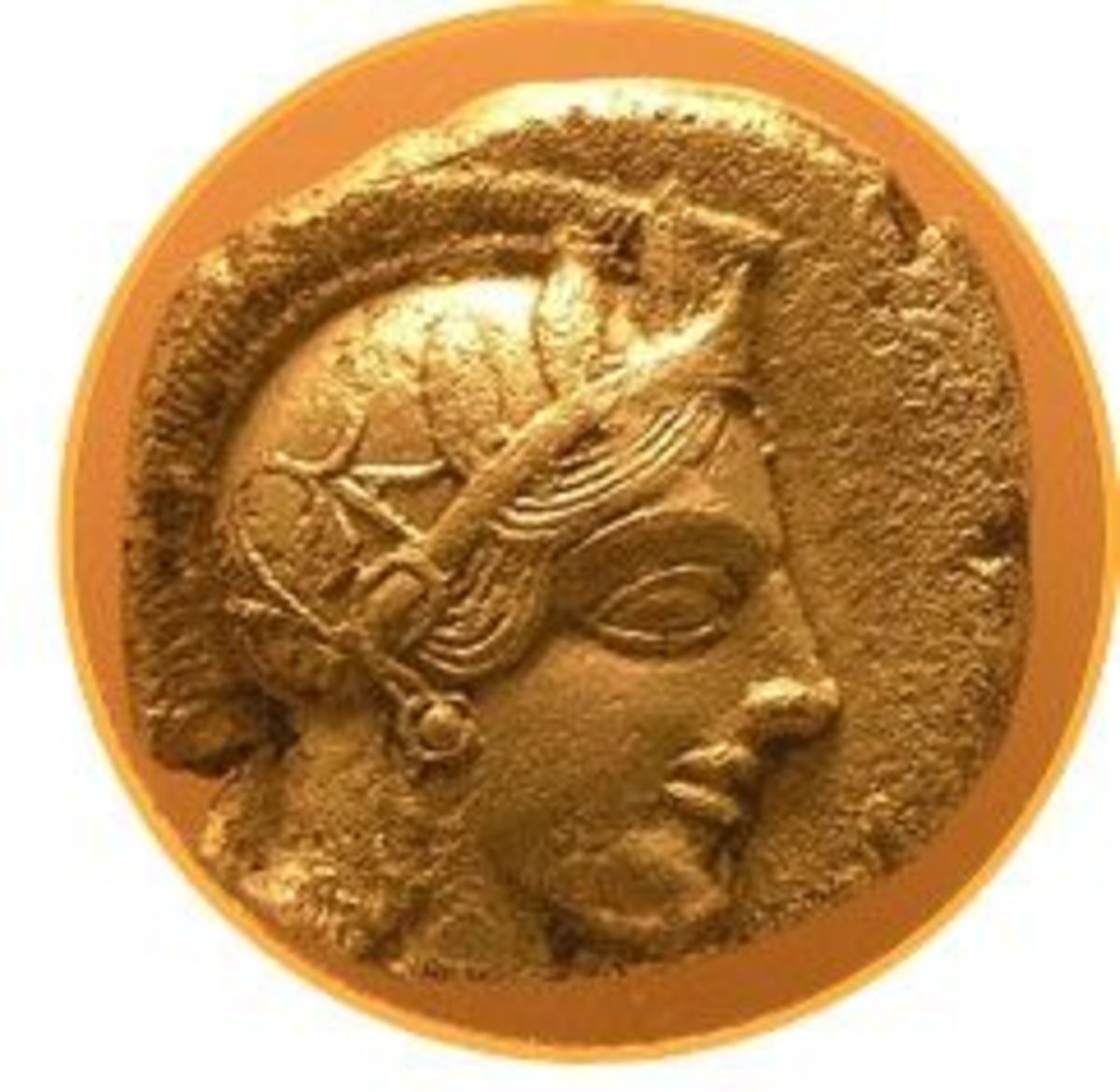
But when she was about to be delivered of the goddess, gray-eyed Athene (Athena), then Zeus, deceiving her perception by treachery and by slippery speeches, put her away inside his own belly. "Zeus, as king of the gods, took as his first wife Metis, and she knew more than all the gods or mortal people. Now these are the eldest of the daughters who were born to Tethys and Okeanos (Oceanus)." "She brought forth also a race apart of daughters. Evelyn-White) (Greek epic C8th or C7th B.C.) : Source: Dictionary of Greek and Roman Biography and Mythology. 203, b.) speaks of Porus as a son of Metis, and according to Hesiod, Zeus devoured Metis on the advice of Uranus and Ge, who also revealed to him the destiny of his son. For this reason Zeus devoured her, when she was pregnant with Athena, and afterwards he himself gave birth to a daughter, who issued from his head (Apollod. She prophesied to him that she would give birth first to a girl and afterwards to a boy, to whom the rule of the world was destined by fate. She was the first love and wife of Zeus, from whom she had at first endeavoured to withdraw by metamorphosing herself in various ways. At the instigation of Zeus, she gave to Cronos a vomitive, whereupon he brought back his children whom he had devoured (Apollod. The personification of prudence, is described as a daughter of Oceanus and Thetys. ATHENE (by Zeus) (Hesiod Theogony 887, 924 Apollodorus 1.20) OKEANOS & TETHYS (Hesiod Theogony 358,924 Apollodorus 1.6, 1.8 Hyginus Pref) OFFSPRING In any case, the Metis myth implies she was wholly subsumed by the devouring god. Zeus himself was titled Mêtieta "the Wise Counsellor" in the Homeric poems and in this sense Metis was probably regarded as an aspect of the god rather than a distinct figure. It should be noted that most poets and mythographers describe Athena as a "motherless goddess" and no mention is made of Metis.

Metis afterwards bore a daughter, Athena, within the very belly of the god and equipped her with arms and armour before she was rebirthed from the god's head. In an odd reversal of fortune, Zeus swallowed Metis whole when a prophecy was revealed that she was destined to bear a son greater than his father. She was a counsellor of Zeus during the Titan War and hatched the plan through which Kronos (Cronus) was forced to regurgitate his devoured children. The messages they impart are therefore timeless and universal, and this helps to explain why, more than two millennia after they were first written down, they remain such an important influence on Western culture.METIS was one of the elder Okeanides and the Titan-goddess of good counsel, planning, cunning and wisdom.
#Iscribe athena full
And as William Empson pointed out about the myth of Oedipus, whatever Oedipus’ problem was, it wasn’t an ‘Oedipus complex’ in the Freudian sense of that phrase, because the mythical Oedipus was unaware that he had married his own mother (rather than being attracted to her in full knowledge of who she was).Īnd this points up an important fact about the Greek myths, which is that, like Aesop’s fables which date from a similar time and also have their roots in classical Greek culture, many of these stories evolved as moral fables or tales designed to warn Greek citizens of the dangers of hubris, greed, lust, or some other sin or characteristic. Similarly, Narcissus, in another famous Greek myth, actually shunned other people before he fell in love with his own reflection, and yet we still talk of someone who is obsessed with their own importance and appearance as being narcissistic. (Or, as the Bible bluntly puts it, the love of money is the root of all evil.) The moral of King Midas, of course, was not that he was famed for his wealth and success, but that his greed for gold was his undoing: the story, if anything, is a warning about the dangers of corruption that money and riches can bring. However, as this last example shows, we often employ these myths in ways which run quite contrary to the moral messages the original myths impart. We describe a challenging undertaking as a Herculean task, and speak of somebody who enjoys great success as having the Midas touch.

So we describe somebody’s weakness as their Achilles heel, or we talk about the dangers of opening up Pandora’s box.


The Greek myths are over two thousand years old – and perhaps, in their earliest forms, much older – and yet many stories from Greek mythology, and phrases derived from those stories, are part of our everyday speech.


 0 kommentar(er)
0 kommentar(er)
